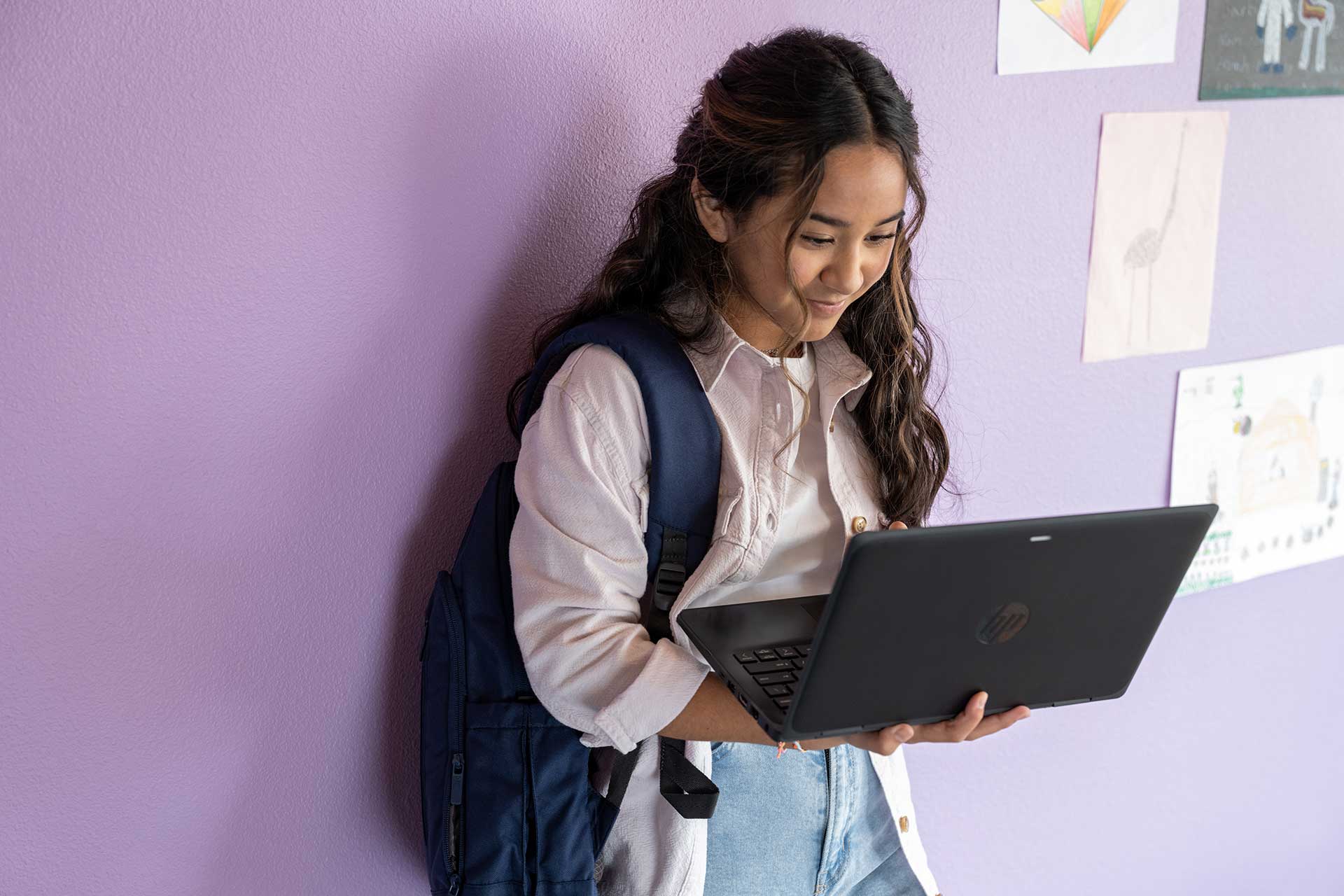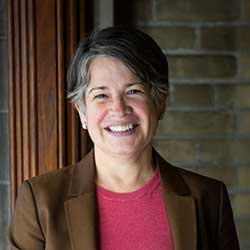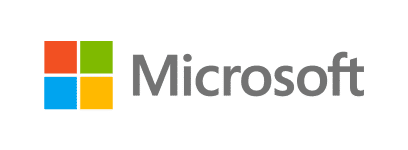sponsored
6 min Read
Microsoft Canada paving the path for re-thinking education with technology

September 14, 2021
sponsored
6 min Read

September 14, 2021

During the current global health crisis, educators and students alike were suddenly forced to reimagine learning. It was no doubt tough for everyone, from the teachers and kids who were used to an in-person, classroom environment, to the parents trying to balance it all at home. But we learned to adapt, and online schooling evolved from being a struggle to stay connected to an opportunity to learn, grow and iteratively enhance the virtual learning experience, thanks to the many ways educators have innovated and tools have improved.
As Dr. Elka Walsh, the National Education and Skills Lead for Microsoft Canada says, “It’s really been about working very closely with teachers in this transition, especially in K to 12. This has been a year of change, and it has been about helping educators to integrate technology into the classroom and to develop new strategies for engaging students. It’s in this challenging transition that they’ve needed to experiment, and we’ve walked that path with them, providing the necessary kinds of learning and development opportunities for educators.”
Spurred on by a desire to support educators and students when they needed help the most, Microsoft has been rapidly creating and launching exciting new features and tools designed to support the five key areas that help teachers create a holistic learning environment and move education forward: student centricity, skills focus, social learning, safety and security, and scalability.
New tools like Reading Progress support teachers and help students to develop literacy skills. Whether its readers facing a learning challenge such as dyslexia, learning a new language or simply trying to improve general reading comprehension, Reading Progress lets students practise their skills in a secure and student-centric environment.
For Microsoft and educators alike, accessibility and inclusion are crucial, and accessibility features like Microsoft Translator are helping to break down barriers. With many newcomers to Canada, teachers have found translation features to be an incredible resource in their efforts to effectively communicate. Another prime example is OneNote, which allows students the opportunity to draw, paint or write using a digital pen and ink, rather than always typing on their keyboards. With so many different types of learners out there, it’s these kinds of tools that open doors for each student to develop and flourish.
As a mother of two boys, Dr. Walsh knows that parents and family members also play a critical role in a hybrid learning environment. As she says, “It’s so important that we give moments, whether it’s at the dinner table, or at breakfast as our young learners are starting the day, to talk about the day and ask questions and really engage them. Those kinds of conversations are really one of the ways that parents, guardians and other people who love our young learners can offer support and help them navigate more complex situations, or when they’re dealing with some of the stressors or emotions associated with change.”
On the other hand, from an educator’s perspective, helping students get the most out of their learning experience is really about building relationships and connections, and nurturing overall student engagement. When the pandemic first began, many teachers found themselves in emergency mode, scrambling to forge ahead, but through consultation with teachers, Microsoft realized they could help educators by helping them to personalize the learning experience, and to capitalize on opportunities to connect with their students. One of the ways they’ve been able to do this is through the launch of a new Teams feature called Reflect, which allows teachers to connect with their students in virtual environments using things like emojis and polling. Features like this help students to name and navigate their emotions. “Well-being has to stay at the core of everything that we do.” Says Dr. Walsh. “I think [this] has really been highlighted for everybody.” For learners, achieving a state of well-being also begins with feeling supported and safe, and Microsoft has kept security top-of-mind amidst their product rollouts. New features like Supervised Chat within Teams enables helpful communication, while ensuring rules are being respected, and students’ safety is top priority.
Dr. Walsh also emphasises the importance of remembering that it’s humans we’re talking about. Humans sometimes need to take a break, or have the pressure taken off to perform. The past year has been riddled with immense change, and she encourages parents to touch base with their kids, and to ask the teacher for resources. On top of ensuring they’re equipped to succeed, she says it’s equally important to encourage curiosity, because “being good learners is about being curious.” With this in mind, the team at Microsoft tasked themselves with creating opportunities for learners to explore, build, create and be imaginative. This is how they landed on Minecraft: Education Edition, a game-based educational platform designed to promote creativity, collaboration and problem-solving based around a wide range of topics like math, numeracy, literacy, and intercultural skills.
As a technology company, Microsoft understands they have a responsibility to support educators in the quest to develop potential. “Not only has it been about empowering teachers with the tools to create experiences for students so they can thrive,” says Dr. Walsh, “but it has really been about creating opportunities for our learners and creating the kind of experiences where they can thrive in their learning environments and challenge themselves. For Microsoft, it is very much about empowering and enabling every teacher and every learner on the planet to achieve more, and I’m so proud of the kinds of collaborations and partnerships with teachers we’ve had over the past year.”

Dr. Elka Walsh leads Microsoft’s pan-Canadian education and skills strategy to prepare students to thrive in the digital future as the National Learning & Skills Lead. As a leader in education with over 20 years of experience ranging from executive positions at colleges and polytechnics, to Chief Education and Learning Officer at one of Canada’s largest science centers and as founder of UDiscover Learning Inc., Dr. Walsh has advised provincial and federal governments as well as international organizations on education and skilling strategy and policy, and has published extensively on student success. With an earned reputation for leading innovative change initiatives that result in tangible outcomes, Dr. Walsh holds a PhD and Master’s degree from McMaster University and an Honours Bachelor of Arts from University of Toronto (Victoria) and has taught at Humber College and McMaster University.
Sponsored by: Microsoft
